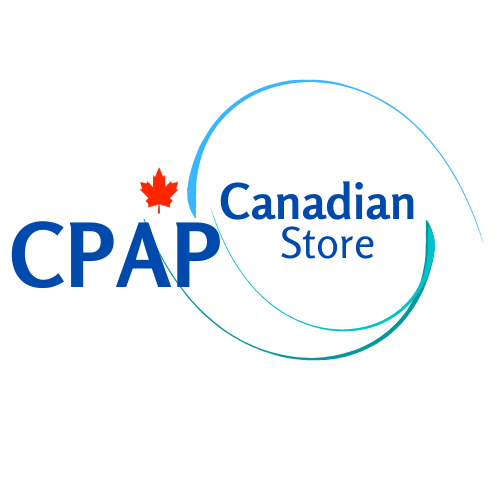Nasal pillow masks are a popular choice among CPAP users due to their minimalistic design and lightweight feel. These masks are ideal for individuals who prefer less contact with their face and are looking for a comfortable and effective solution for their sleep apnea therapy. In this blog post, we will explore what nasal pillow masks are, their benefits, potential drawbacks, and tips for choosing the right one for your needs.
What Are Nasal Pillow Masks?
Nasal pillow masks are a type of CPAP mask that delivers air directly into the nostrils through small, cushioned inserts called nasal pillows. These pillows rest at the entrance of the nostrils and create a seal that helps deliver the necessary air pressure to keep your airways open during sleep.
Benefits of Nasal Pillow Masks
- Minimal Contact: Nasal pillow masks have minimal contact with the face, reducing the risk of skin irritation and pressure sores. This makes them ideal for users who feel claustrophobic with larger masks.
- Lightweight Design: These masks are lightweight and unobtrusive, making them comfortable to wear throughout the night. Their minimal design also makes it easier to read or watch TV before bed.
- Good for Facial Hair: Nasal pillow masks work well for users with facial hair, as they do not require a seal around the nose or mouth, which can be difficult to achieve with full-face masks.
- Greater Freedom of Movement: The compact design of nasal pillow masks allows for greater freedom of movement during sleep, making them suitable for active sleepers who change positions frequently.
- Ease of Use: Nasal pillow masks are easy to put on and take off, and their simple design makes them straightforward to clean and maintain.
Potential Drawbacks of Nasal Pillow Masks
- Not Ideal for High Pressure Settings: Nasal pillow masks may not provide a secure seal at higher pressure settings, leading to air leaks. They are generally more suitable for users with lower to moderate pressure requirements.
- Potential Discomfort: Some users may find the direct contact with the nostrils uncomfortable, especially at higher pressures. It may take some time to get used to the sensation.
- Nasal Congestion: Users with frequent nasal congestion or allergies may find nasal pillow masks challenging to use effectively, as they rely on clear nasal passages for optimal performance.
Tips for Choosing the Right Nasal Pillow Mask
- Determine Your Pressure Needs: Ensure that a nasal pillow mask can provide the necessary pressure for your therapy. Consult with your healthcare provider to determine if this type of mask is suitable for your pressure settings.
- Consider Your Comfort Preferences: Look for nasal pillow masks with soft, cushioned pillows that conform to the shape of your nostrils. Some masks offer adjustable pillows in different sizes to ensure a comfortable fit.
- Check for Ease of Cleaning: Choose a mask that is easy to disassemble and clean. Regular cleaning is essential for maintaining hygiene and prolonging the life of your mask.
- Try Different Models: Many CPAP suppliers offer trial periods or mask fitting services, allowing you to try different nasal pillow masks to find the one that works best for you. Take advantage of these services to ensure a good fit and comfort.
- Consult with Your Healthcare Provider: Your healthcare provider or a CPAP specialist can provide personalized recommendations based on your specific needs and preferences. They can also help you troubleshoot any issues with your mask fit or comfort.
Conclusion
Nasal pillow masks are an excellent option for CPAP users who prefer a minimalistic and lightweight mask design. They offer several benefits, including minimal contact with the face, greater freedom of movement, and suitability for users with facial hair. However, they may not be ideal for users with high pressure requirements or frequent nasal congestion. By understanding the benefits and potential drawbacks of nasal pillow masks, you can make an informed decision and choose the mask that best meets your needs. If you have any questions or need further assistance, consult your healthcare provider or CPAP supplier for personalized advice and support.

